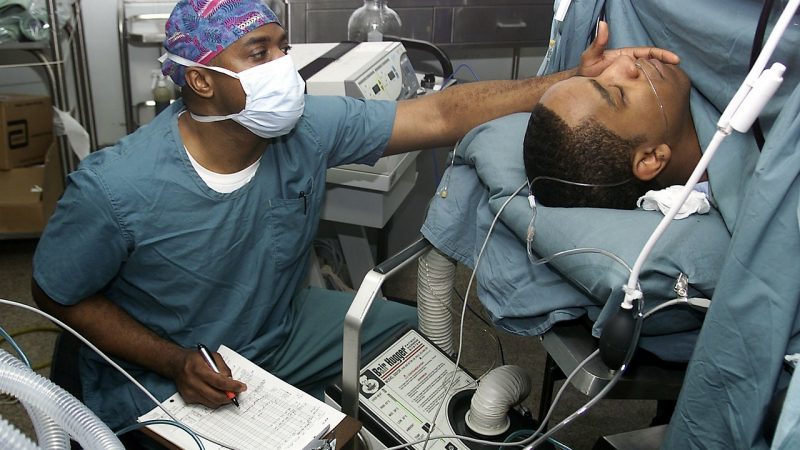Doctor of Medicine (MD)
What is A Doctor of Medicine (MD) Degree?
The medical profession largely involves the caring for and comforting of humans and animals using scientifically determined ethical methods and procedures. The human element is as important as the scientific one, with physicians making decisions based on what is best for the patient when all factors are considered. The training for a Medical Doctor’s (MD) degree is extensive, over a period of years, and involves really challenging course work and grueling internships and residencies. Of course, you’ll need a bachelor’s degree and a qualifying score on whatever exam is needed for the medical school you plan to attend.
Courses in the first year of medical school will focus on the human body and be an extension of many of your pre-med courses you will have taken for the Bachelor’s degree—courses in anatomy, physiology, neuroanatomy, biochemistry, embryology, and histology. In the second year the focus will probably be on applying the detailed knowledge of the functioning of the body to patient diagnosis and treatment: learning to work with patients and other physicians, pathology, microbiology, immunology, and pharmacology. During the third and fourth years of medical school you will do some independent research and get lots of on-the-job training by way of working for a few weeks each in rotations through various medical specialties.
After completing Medical School with the MD degree, you will need to serve an internship for a year followed by a residency of varying lengths for the specialty you choose to practice. Oh, and, by the way, there are certain checkpoints along the way in which you’ll need to pass qualifying exams to be able to continue the training process. To specialize in a narrower field within medicine, like neurosurgery, endocrinology, or ophthalmology, requires even further academic and residency work. Family practice and internal medicine physicians are in the highest demand right now, and there is demand for more and more specialists called Hospitalists as health care systems change.











